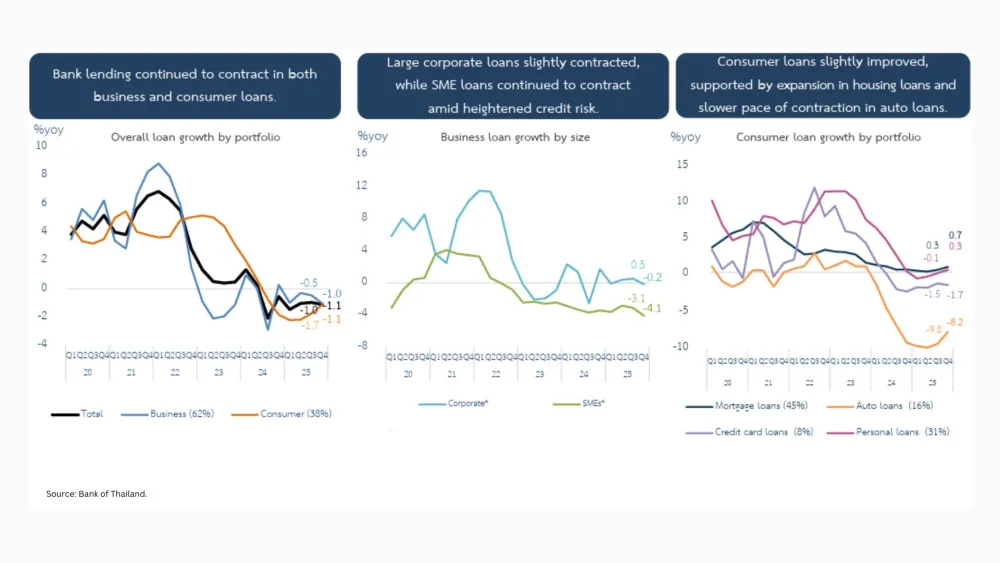
Hong Kong is the top international financial centre in Asia—survey
Survey respondents also saw Hong Kong as a gateway to mainland China.
Hong Kong is the top international financial centre in Asia, ahead of Singapore, China, and Tokyo, according to The Oxford Metrica Survey 2021: Hong Kong - the Leading Global Financial Centre report.
The independent survey, prepared for the Financial Services Development Council (FSDC) Board of Hong Kong, revealed key findings why approximately six out of 10 or 63.3% of the different financial sectors ranks Hong Kong as the number one international financial centre (IFC) in Asia.
In addition, as the top IFC in Asia, 71% of respondents saw Hong Kong as their chief gateway to mainland China. However, the minority (29%), particularly those in the insurance sector, that did not view Hong Kong in this way did so largely on the grounds that they already had a direct local presence in mainland China or had engaged in joint ventures on the mainland.
The survey also said that 100% of asset managers interviewed rank Hong Kong as the number one IFC in Asia whilst close to 70% of investment banks agreed. Moreover, the survey found out that there was a bias to large firms domiciled in the US and Europe toward seeing Hong Kong as the leading Asian IFC.
The consensus amongst the respondents was that, although business risks to Hong Kong are perceived to be present, these have not damaged its status as the leading international financial centre. Respondents had been found to not be influenced by the negative political publicity about Hong Kong in the media, relying instead on intelligence from private sources.
Hong Kong strengths
The Oxford Metrica report also identified the four strengths of Hong Kong as a top IFC which are: its large pool capital; Its regulatory and legal environment; legacy infrastructure; and Its position as leading IPO and listing centre, ability to mobilise deep resources of wealth and an outstanding pool of financial services talent.
The report highlighted that Hong Kong’s legacy infrastructure which is the rule of law, its tax-friendly regime, its independent judiciary, its well-functioning and liquid capital markets, as well as excellent standards of regulation and its open-door access to China, are key strengths for the country to remain a leading IFC in the future.
Challenges remain
Despite some key pillars supporting Hong Kong as the number one IFC in Asia, three main challenges are still seen by respondents.
The first is operational costs. Respondents agreed that Hong Kong’s major drawback is the cost of establishing and maintaining business operations, particularly the high costs of real estate, both commercial and residential.
According to Alex Barnes, head of Agency Leasing at JLL Hong Kong the overall office market is expected to rise 0% to 5% next year whilst estate agency Knight Frank said that the residential market in Hong Kong is expected to grow 3% in prices this year.
“However, on balance given the benefits of being based in Hong Kong, these costs are considered to be worth absorbing,” the report wrote.
Amongst those respondents without an existing presence in Hong Kong only one planned to enter the market there, whilst the rest cited operating costs as the prime reason for settling elsewhere. The two respondents who have recently, or are about to downsize, cited such costs as being the reason for reorganising.
The second factor that worries most of the respondents is the high rate of competition for talents. Hong Kong’s production and maintenance of top talents was a key factor in its status as a world-class financial centre. However, whilst it was noted that Hong Kong was a popular posting for expatriate executives, many of whom have become permanent residents, there have been signs that international competition for talent has intensified making it difficult to recruit from abroad. With this, they see the costs of expatriate employees increase significantly.
The third factor is the obstacles in confronting small businesses.
“Many respondents based in Hong Kong and throughout Asia and especially in the field of fintech identified the challenges that small firms faced in starting up and running their businesses in Hong Kong,” the report wrote.
Respondents said that they feel that the process of incorporation was more complicated, citing complicated red tapes for new businesses as an example.
Future as an IFC
The report indicated that most respondents view that Hong Kong’s future as a world class international financial centre should continue to be nurtured and renewed as a range of challenges remains and its rivals poised to snatch the top spot away.
“As Hong Kong is a significant part of China, it was evident from all conversations that respondents felt Hong Kong has the ability to adapt and to forge a new role as a world-class financial centre. Nevertheless, some challenges needed to be overcome. How quickly and comprehensively Hong Kong policy adapts to a changing world would be of paramount importance,” the report said.



















 Advertise
Advertise










